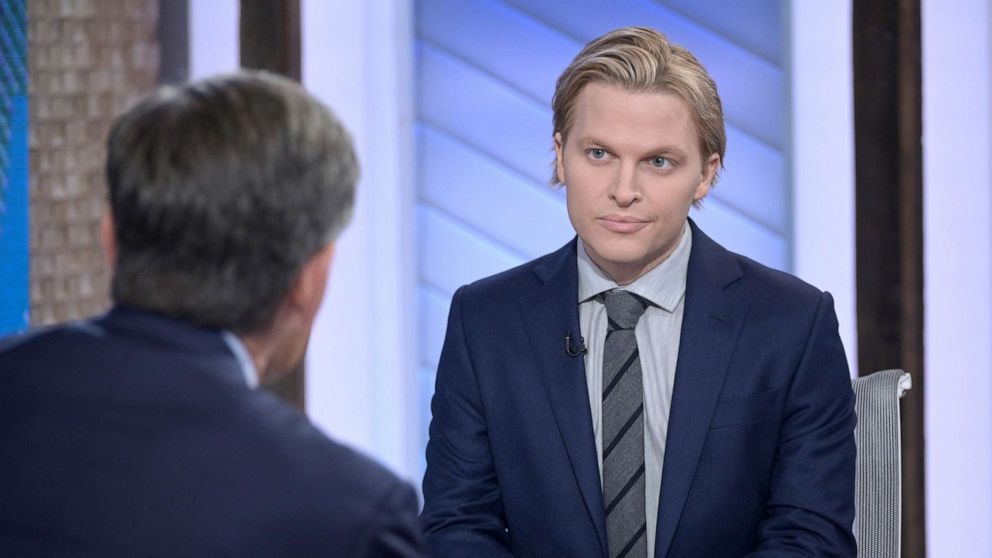Ronan Farrow alleges 'multiple' settlements arranged involving Matt Lauer before his firing
Investigative journalist Ronan Farrow spoke with "Good Morning America" Friday about the stunning revelations from his upcoming book on reporting stories that fueled the #MeToo movement.
A portion of Farrow’s upcoming book, "Catch and Kill," includes the allegation from a former NBC News producer that Matt Lauer raped her while they were covering the Sochi Olympics in 2014.
Farrow said on "Good Morning America" he "can't answer specific questions" about whether or not Lauer spoke to him for the book but said that the book was "extensively fact checked."
His accuser, first identified in Farrow’s book as Brooke Nevils, worked as a producer for "Today" co-anchor Meredith Vieira at the time of the Olympics. On "GMA," Farrow said that Nevils "consistently has described" the incident in Sochi "as non-consensual."
Beyond the specific allegations involving Nevils, Farrow described how he reportedly found that NBC News had been aware of and arranged earlier settlement agreements involving allegations against Lauer.
"What we show in this book, with a paper trail, with documents, was that there were multiple secret settlements and non-disclosures being struck with women at NBC News," Farrow said.
Farrow wrote that Nevils told Farrow she and Vieira were at the hotel bar and Lauer joined them. After six drinks, Nevils said she went to Lauer's hotel room twice later that night, first to get her press credentials, which Lauer had allegedly taken as a joke, and later at his invitation.
According to Farrow, Nevils alleges that on that second trip to his room, Lauer, who was wearing a T-shirt and boxers, pushed her against the door and kissed her, pushed her onto the bed and asked if she wanted to have anal sex. Farrow wrote that Nevils "declined several times" and "she was in the midst of telling him she wasn’t interested again when he 'just did it.'"
"It was nonconsensual in the sense that I was too drunk to consent. ... It was nonconsensual in that I said, multiple times, that I didn't want to have anal sex," Nevils told Farrow.
Lauer released a lengthy letter on Wednesday in response to the allegations calling this account "categorically false." He describes the relationship as an "extramarital affair" that began in Sochi, saying that night in his hotel room "we performed oral sex on each other, we had vaginal sex, and we had anal sex. Each act was mutual and completely consensual." Lauer also insisted, "There was absolutely nothing aggressive about that encounter... she was a fully enthusiastic and willing partner. At no time did she behave in a way that made it appear she was incapable of consent...She embraced me at the door as she left."
In the letter, Lauer wrote that "this encounter, which she now falsely claims was an assault, was the beginning of our affair. It was the first of many sexual encounters between us over the next several months."
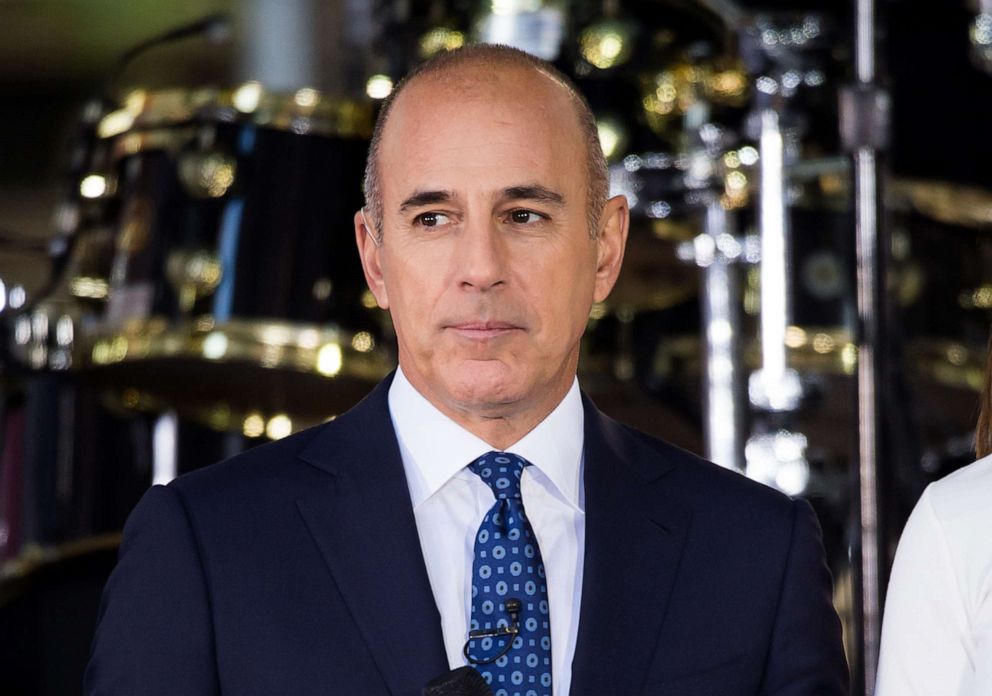
According to Farrow’s book, Nevils acknowledged that she did go on to have further sexual encounters with Lauer once they returned to New York, though describes the situation differently than Lauer.
"It was completely transactional. It was not a relationship," she told Farrow.
Nevils issued her own statement to NBC News in response to Lauer’s letter, writing that "his open letter was a case study in victim blaming."
"I am not afraid of him now regardless of his threats, bullying, and the shaming and predatory tactics I knew he would and now has tried to use against me," she said in the statement to NBC.
She also posted on Twitter about the support she has received since coming forward.
"I want to thank the many survivors who shared their stories with me today and offered their support. It takes courage, and I am truly grateful," Nevils wrote.
Farrow reported that Nevils said she told "like a million people" about her encounters with Lauer after the alleged affair ended and told Vieira in fall 2017, after allegations about other famous men were made. Farrow says Vieira told Nevils to report her allegations to human resources and to bring a lawyer, which she did. Nevils went on medical leave in 2018 and was paid "seven figures" by NBC, Farrow reported.
At the time of Lauer’s firing, NBC News chairman Andrew Lack said HR had received "a detailed complaint from a colleague … about inappropriate sexual behavior in the workplace by Matt Lauer."
In that statement, Lack said the alleged sexual behavior "represented, after serious review, a clear violation of our company’s standards."
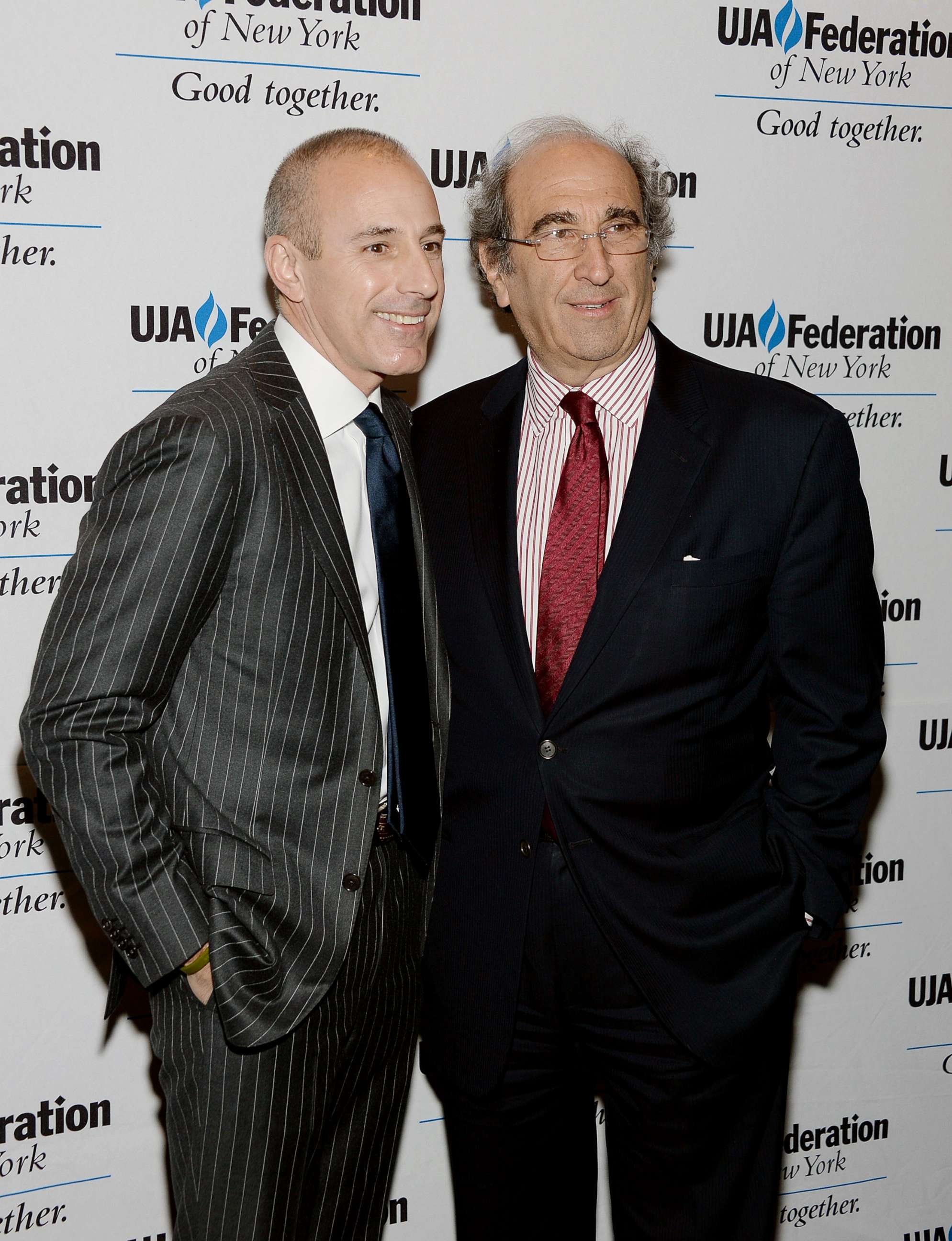
"As a result, we've decided to terminate his employment. While it is the first complaint about his behavior in the over twenty years he's been at NBC News, we were also presented with reason to believe this may not have been an isolated incident. Our highest priority is to create a workplace environment where everyone feels safe and protected, and to ensure that any actions that run counter to our core values are met with consequences," the November 2017 statement noted.
In light of the revelations from Farrow’s book, NBC issued another statement Wednesday, as well as another memo to staff also obtained by ABC News.
"Matt Lauer’s conduct in 2014 was appalling and reprehensible – and of course we said so at the time. The first moment we learned of it was the night of November 27, 2017, and he was fired in 24 hours. Any suggestion that we knew prior to that evening or tried to cover up any aspect of Lauer's conduct is absolutely false and offensive," Lack wrote in the Wednesday memo.
The question of other settlements was one that Farrow addressed on “Good Morning America,” saying that there were multiple such settlements involving Lauer in the years prior to the alleged incident in Sochi.
"Over a period of six to seven years, a period in which NBC had previously denied any settlements agreements... there were seven nondisclosure agreements, multiple ones of those were with Matt Lauer accusers. This is years before this incident with Brooke Nevils and the firing," Farrow said Friday morning.
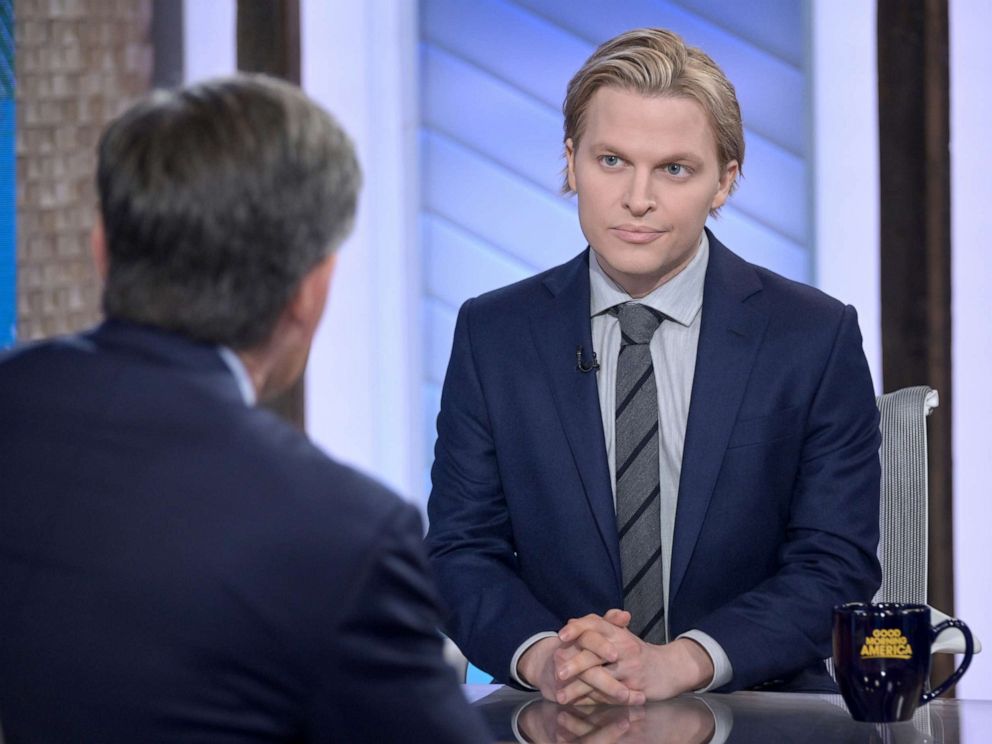
Farrow shared some details about how the alleged Sochi incident was described by Nevils when she first reported it to NBC executives in 2017, as that has been a point of contention given that Lack's initial statement about Lauer's firing did not describe the incident as involving rape, assault or a nonconsensual act
"We're very careful about laying out exactly what happened and what she said when she went to them," Farrow said on "GMA."
"She unambiguously described a rape or a sexual assault. Like many trauma victims, she was not ready to use those words. So her attorney did what is done very often in criminal investigations, in cases like this where someone complains at a company: asked a clear series of questions that elicited answers that, without any doubt, said this is non-consensual and even stopped the proceedings to saying 'This is non-consensual, we want to be clear,'" he said.
Beyond the explosive allegations about Lauer, Farrow’s book is also making headlines for his account of how NBC executives handled his initial reporting of allegations of sexual misconduct and assault against former Hollywood producer Harvey Weinstein.
“The point is that they ordered a hard stop to reporting,” Farrow said of NBC News executives during his Friday interview on “GMA.” “They told me and a producer working on this that we should not take a single call, they told us to cancel interviews. The question for years has been why, because every journalist at that institution didn't understand why. And I think the book answers that question. This was a company with a lot of secrets.”
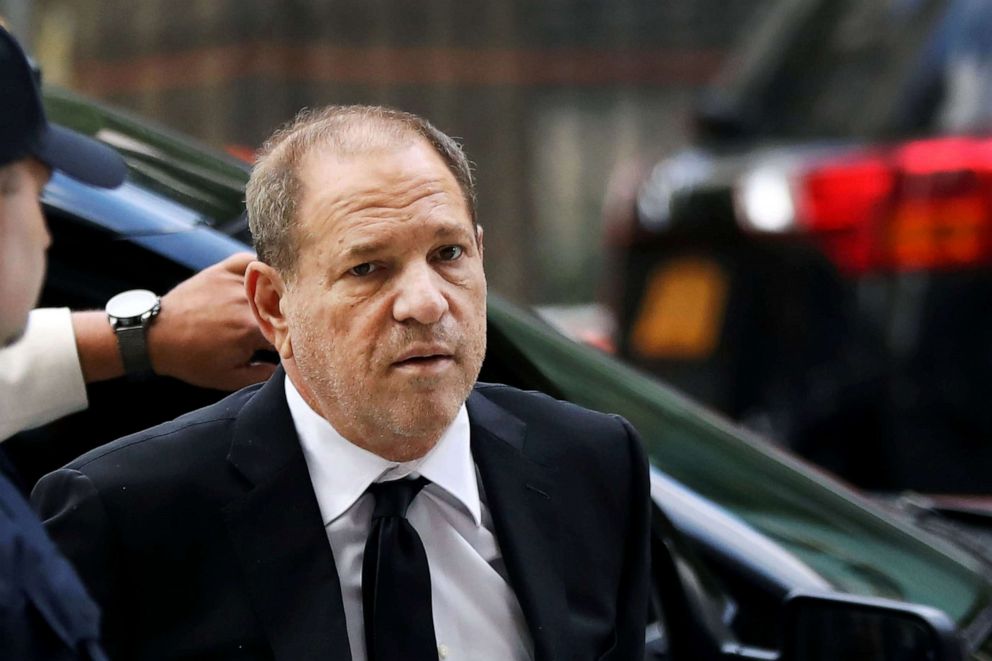
NBC executives have repeatedly denied Farrow’s claims that they ordered him to stop his reporting.
“NBC News assigned the Harvey Weinstein story to Ronan, we completely supported it over many months with resources – both financial and editorial,” Lack wrote this week in a memo to NBC employees.
“After seven months, without one victim or witness on the record, he simply didn’t have a story that met our standard for broadcast nor that of any major news organization. Not willing to accept that standard and not wanting to get beaten by the New York Times, he asked to take his story to an outlet he claimed was ready to publish right away. Reluctantly, we allowed him to go ahead. Fifty-three days later, and five days after the New York Times did indeed break the story, he published an article at the New Yorker that bore little resemblance to the reporting he had while at NBC News,” Lack said in the memo.
